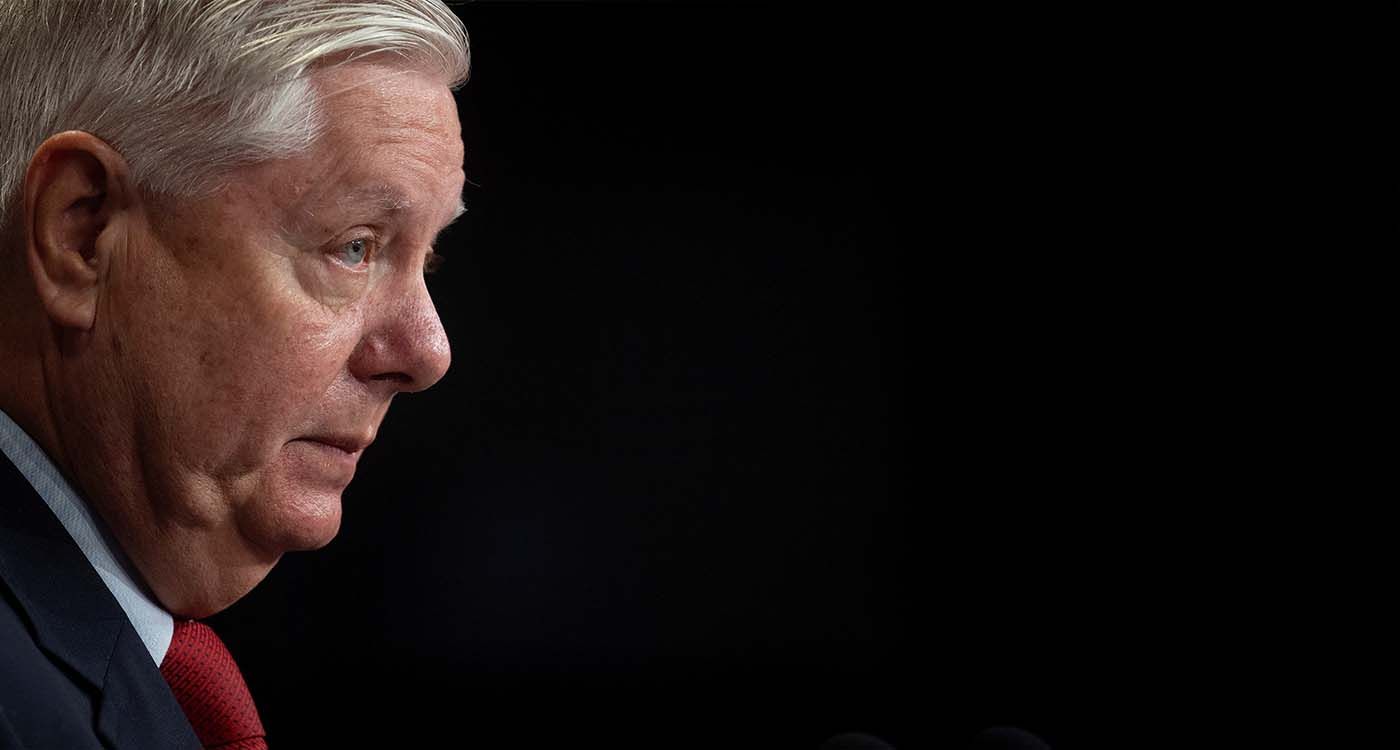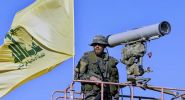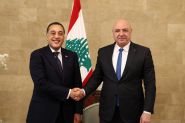
During a recent visit to Beirut, Senator Lindsey Graham emphasized Lebanon’s unique role as a beacon of coexistence and resilience, driven by its diverse religious and ethnic communities. He proposed a robust defense agreement between the United States and Lebanon, positioning it as a strategic avenue for enhancing regional stability and offering hope for Beirut. Graham argued that Lebanon’s significance lies in its embodiment of tolerance and pluralism, making a strong case for US engagement in supporting the country’s sovereign aspirations.
Lebanon’s strength is rooted in its ability to facilitate coexistence among Christians and Muslims, who together weave the nation’s cultural and social fabric. Graham’s recognition of this diversity as a foundational element of Lebanon’s identity aligns with the essential principles of tolerance that underpin its stability. In a region often marred by sectarian conflict, Lebanon stands out as a testament to both peaceful and tumultuous coexistence. Graham contends that this aspect of Lebanon should not only be preserved but also celebrated, advocating for US policies that reflect core human values alongside strategic interests.
Key to Graham’s initiative is the acknowledgment of the Christian community’s pivotal role in fostering tolerance and stability. He stressed that Christians are essential in maintaining balance among the various factions within Lebanon. Their active involvement in governance and civil society is crucial for promoting dialogue and building a culture of peace. By supporting this community, Graham argues that the US can bolster Lebanon’s collective resilience against sectarian divisions and reinforce the ideals of coexistence and mutual respect necessary for a thriving democracy.
Graham’s proposal directly addresses the challenges posed by non-state actors, particularly Hezbollah, which has served as an Iranian proxy for nearly four decades. He advocates for not only military measures but also a strong commitment to Lebanon’s sovereignty and self-determination. Graham insists that the initiative to disarm Hezbollah must come from within Lebanon itself, empowering the country’s leadership and citizenry to reclaim their future. The recent announcement by US special envoy Tom Barrack regarding a strategic plan aimed at Hezbollah’s disarmament marks a significant advancement. While resistance from the militia is anticipated, a peaceful resolution remains a priority. Successful disarmament would symbolize progress, aligning with both US foreign policy goals and the aspirations of the Lebanese people. This principle of self-governance resonates with American democratic ideals and is vital for Lebanon’s recovery from its ongoing economic and political crises.
To ensure this vision’s success, Graham asserts that increased US military aid to the Lebanese Armed Forces (LAF) is critical. Enhanced training, intelligence on Hezbollah’s movements and essential economic assistance would bolster the LAF’s capabilities. This support could shift the perception among marginalized Shia groups, showcasing viable alternatives to dependence on Hezbollah for economic stability. By reinforcing trust in the Lebanese government and its institutions, this approach fosters a sense of national unity.
Graham’s proposal also signals a pivotal shift in Lebanon’s security strategy, with the government now tasking the LAF with devising a disarmament plan. This new direction reflects a commitment to confronting longstanding challenges and implementing essential reforms. However, the initiative carries risks, especially considering potential affiliations between some LAF personnel and Hezbollah. Navigating these internal dynamics carefully will be crucial in maintaining military cohesion and broad support for disarmament efforts.
As Lebanon faces severe economic strain, Graham’s push for expanded military and financial aid – conditional on successful reforms – offers a vital lifeline. Such support could enhance the LAF’s capacity to ensure security for all communities and elevate Lebanon’s status on the international stage. Strengthening the LAF not only protects Lebanon’s sovereignty but also creates opportunities for improved relations with regional powers. Normalizing ties with neighboring nations could unlock significant economic prospects essential for Lebanon’s revival.
In framing his narrative through the lens of religious diversity and coexistence, Graham presents a compelling vision for Lebanon that intertwines strategic interests with the fundamental values of tolerance and collaboration.




Comments